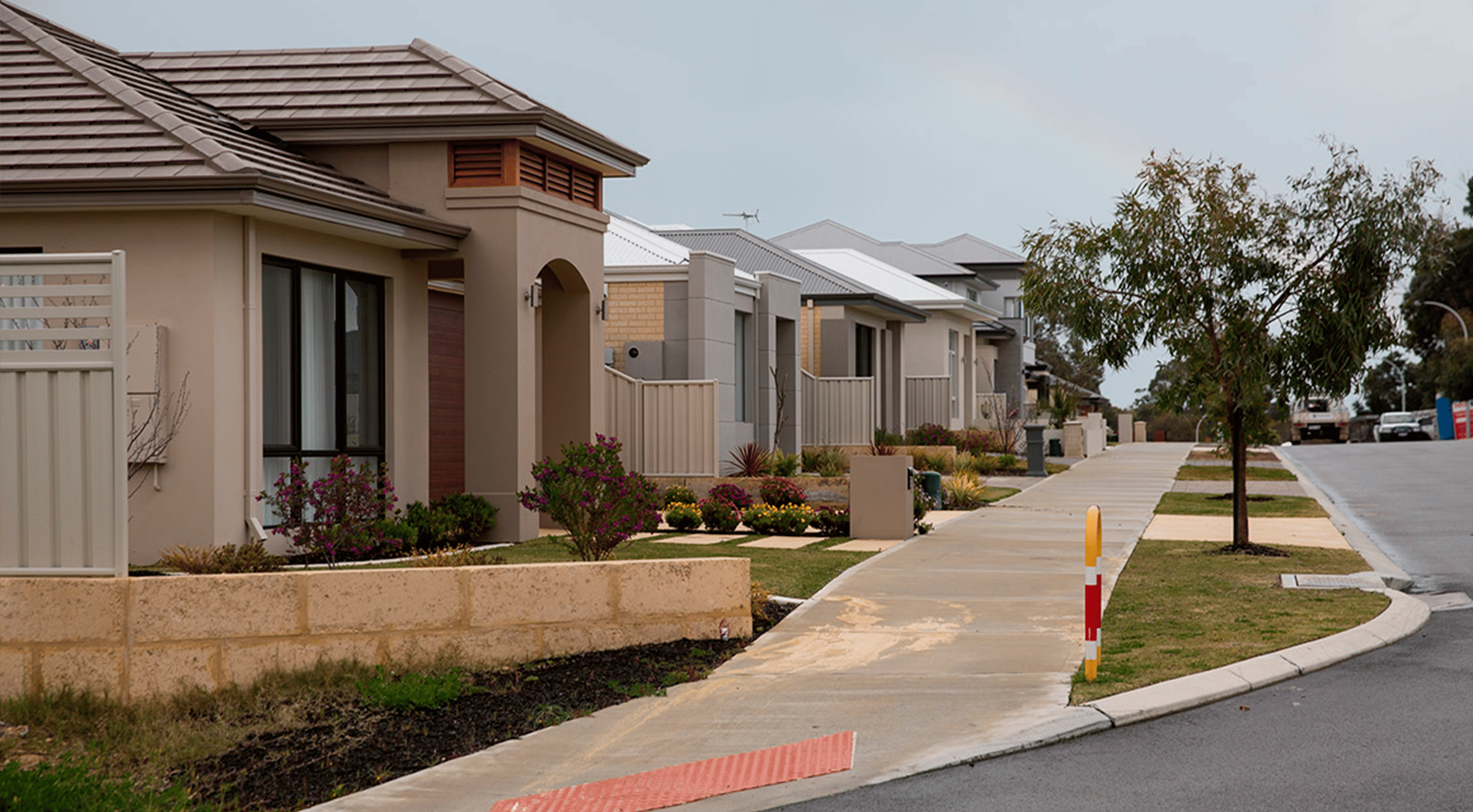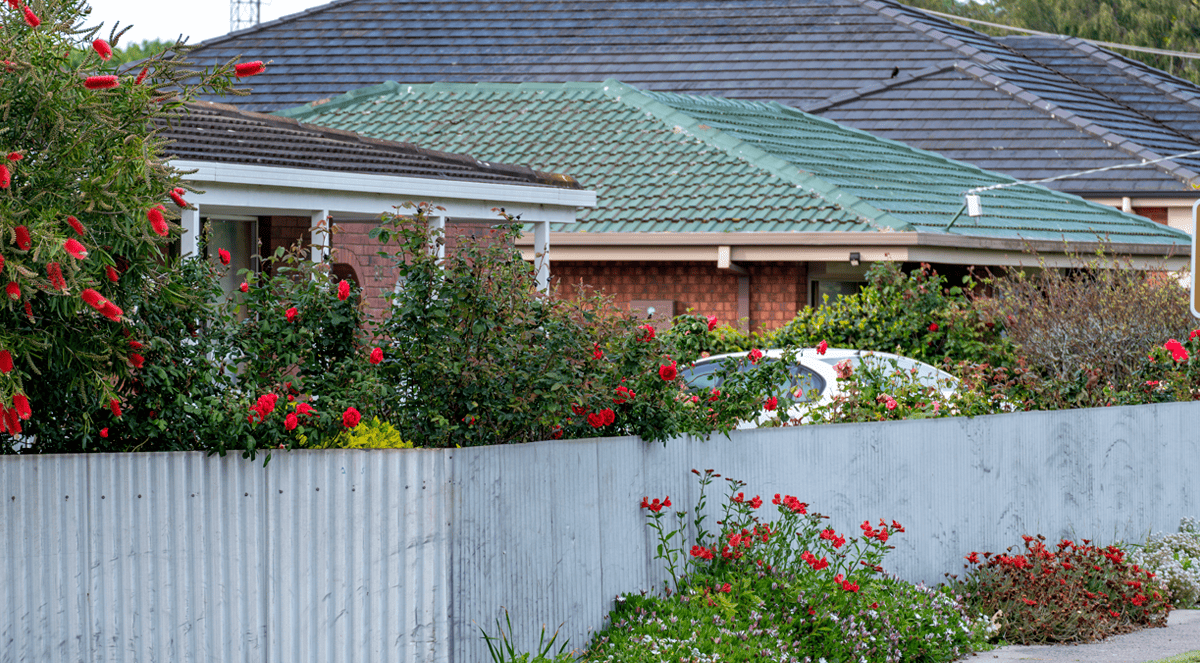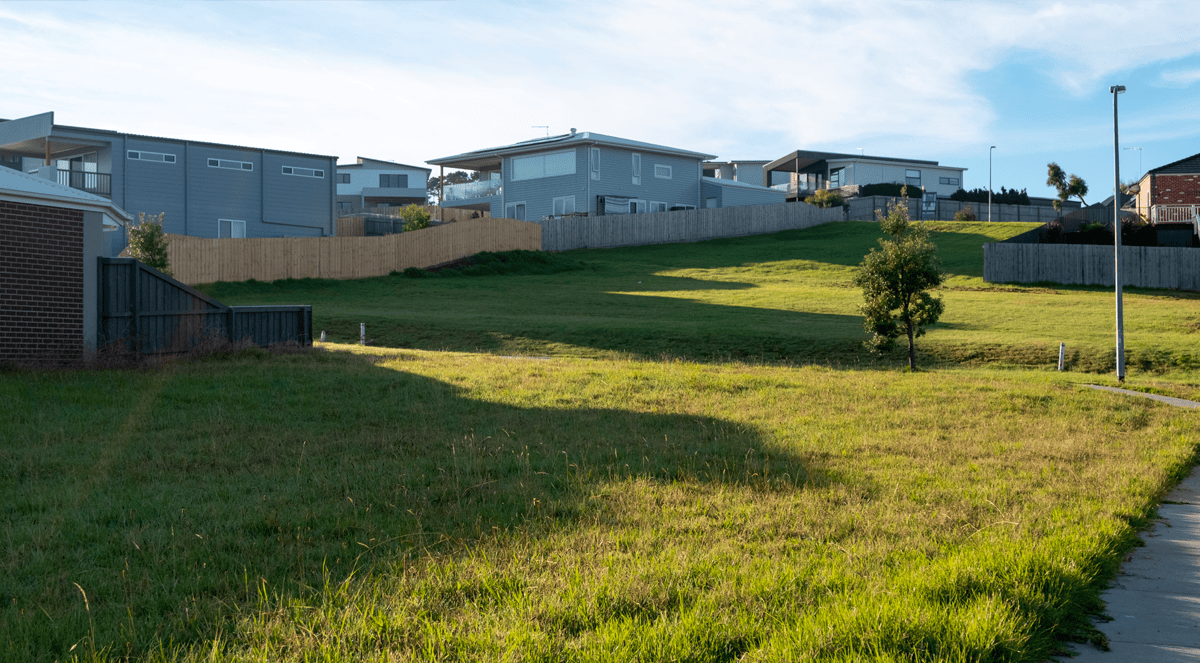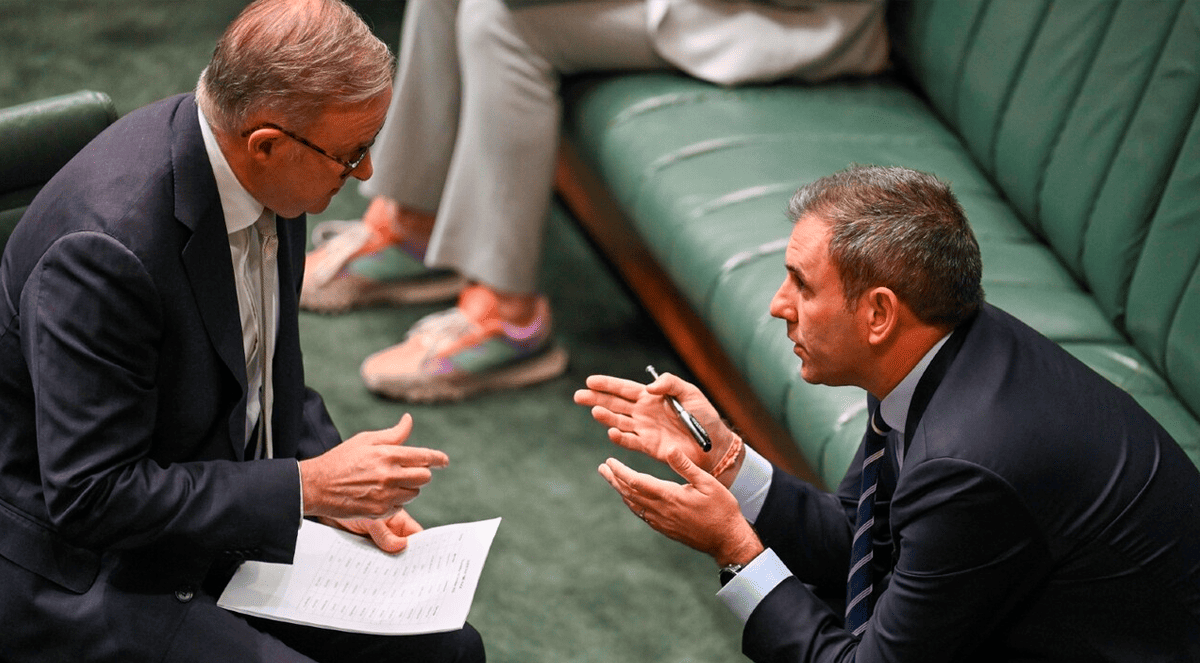
KEY POINTS
- Sentiment remains positive among Australian Property Investors
- Investment interest is moving away from Victoria and Queensland with a growing focus on Perth
- Investors overwhelming regard residential property investment as a vehicle for long-term capital gains
If you are considering investing in Australian residential property, knowing what thousands of other investors believe could be extremely helpful.
It might help confirm or reinforce some of your decisions about investing and possibly even give you peace of mind that you’ve made the right choices.
But how do you get inside the minds of other investors?
Well, there actually is a way.
Several property groups compile regular investor sentiment surveys.
Let’s look at two recent studies - the annual survey from Property Investment Professionals Australia (PIPA) and Australian Property Investor (API) magazine’s Q3 2023 sentiment survey.
Combined, the two surveys canvass the views of more than 2,500 investors.
The overall sentiment is positive
“56% of investors believe that now is a good time to invest in residential property,” says Nicola McDougall, the Chair of PIPA, “but this is down slightly from 58% in 2022, and down significantly from the 62% recorded in 2021.”
API’s survey asked a slightly different question but came out with an identical answer, with 56% of investors feeling positive about property investment, 26% neutral and only 18% feeling negative.
API readers were also extremely optimistic about property price growth in Australia in 2024. An impressive 80% of respondents anticipate a rise in property prices over the next 12 months, while only 11% foresee stability, and a mere 9% predict a decline.

Where are investors looking?
The chart below shows where respondents to the PIPA survey felt there were the best investment prospects in Australia.
Despite a historical preference for Queensland, the state's appeal saw a dip in this year's survey, with 29% choosing it as the top investment destination—down from 33% last year and a significant 58% drop since 2021. Western Australia surged to second place with 28%, a notable increase from 18% last year.
New South Wales secured third at 19%, while South Australia followed at 15%. Victoria landed in fifth with a minimal 5%, marking its lowest result and a sharp decline from 12% last year.

Interestingly, three-quarters of respondents said capital cities offered the most appealing prospects - a marked increase on the 56% in their 2022 survey.
When it came to which cities investors were considering, 25% picked Perth, 21.8% nominated Brisbane, 12% tipped Adelaide, and 10.5% identified Sydney.
Only 4% picked Melbourne, 1% chose Hobart, and interest in Darwin and Canberra was negligible.

As you can see above, the numbers aren’t wildly different in the API Q3 survey.
And both studies show investors deserting Victoria. As per API, Investor interest in Victoria has plummeted, decreasing from 25% and being on par with Queensland, to just 11% today.
“Despite its economic strength relative to other states, Victoria’s slide has coincided with a raft of tougher measures introduced by the state government in regard to rental regulations and taxes”, Australian Property Investor says.
“In the west, meanwhile, property prices are rising on the back of strong population growth, limited supply and a strong economy.”
The PIPA survey also showed investor interest falling in the Sunshine State.
“Queensland and Victoria have introduced some of the most punitive and wide-reaching legislative reforms in the country surrounding tenancies and taxation in recent times,” the group says.
PIPA says more than 12% of the 1,724 investors it surveyed had sold at least one property in the past year.
It says the survey “shows investors are exiting the market rapidly in Melbourne (24.8%), Brisbane (23.3%), and regional Queensland (16.5%).
When asked why they had sold, “the most common cited by 47% of respondents was
governments increasing or threatening to increase taxes, duties, and levies”, followed by tenancy legislation which 43% believed affected their control over their investment property and increased “compliance and holding costs”.
“Both reasons outranked rapidly rising interest rates (40.1%) as a main pressure point, which is telling,” says PIPA’s Chair Nicola McDougall.
The supply of rental properties may be getting smaller
Ms McDougall also points to another trend which doesn’t bode well for renters looking for somewhere to live.
“Of those investors exiting the market, their property was bought by another investor in
just 24% of cases (down from 33% last year).”
“Overwhelmingly, those rental homes were bought by existing homeowners (43.1%) or first-home buyers (30.3%).”
“This clearly shows that rental stock has diminished on the back of existing landlords who are not being replaced, putting further pressure on the (rental) market,” she says.
However, the API survey paints a much rosier picture.
It says the strong recovery in property prices around the country this year has been an important confidence booster.
“In Q3 2023, a quarter of all respondents expressed an intention to buy property in the coming 12 months, compared to just 12 per cent who were planning to sell.”

The API survey does point out, however, that those intentions to purchase are extremely sensitive to interest rate movements.
A long-term strategy
Despite some setbacks, including increased holding costs, the overwhelming number of people surveyed viewed residential property as a safe and reliable long-term investment strategy.
“Long-term capital growth continues to be the most important aspect when choosing an investment property, followed by long-term rental income,” says PIPA.
“Short-term tax benefits continued to be seen as the least important driver when choosing an investment.”
“When asked why they choose to invest, the most important reason was to be self-funded in retirement without any reliance on government support, followed by a desire to provide a better life financially for themselves and their family.”
Stay Up to Date
with the Latest Australian Property News, Insights & Education.




.png?width=292&height=292&name=Copy%20Link%20(1).png)
 SIGN UP FOR FREE NEWSLETTER
SIGN UP FOR FREE NEWSLETTER
%20(1).png)

.png)





%20Scott%20Kuru%20DPU%20148.jpg?width=1920&height=1080&name=Australia%20Is%20on%20the%20Brink%20of%20History%E2%80%99s%20Worst%20Mortgage%20Default%20Crisis%20(Housing%20Crash%20Inevitable)%20Scott%20Kuru%20DPU%20148.jpg)

%20Scott%20Kuru%20DPU%20147.jpg?width=1920&height=1080&name=RBA%20Warns%20Inflation%20Has%20Pushed%20Australia%20Into%20Household%20Recession%20(Millions%20Face%20Pay%20Cuts%20in%202026)%20Scott%20Kuru%20DPU%20147.jpg)
%20Scott%20Kuru%20DPU%20145.jpg?width=1920&height=1080&name=Senate%20Inquiry%20Forced%20the%20RBA%20to%20Admit%20the%20Housing%20Crisis%20Will%20Never%20Be%20Fixed%20(It%20Was%20All%20a%20Lie)%20Scott%20Kuru%20DPU%20145.jpg)



%20Scott%20Kuru%20DPU%20141.jpg?width=1920&height=1080&name=The%20Senate%20Just%20Exposed%20Australias%20Biggest%20$80%20Billion%20Housing%20Fraud%20(Inquiry%20Launched)%20Scott%20Kuru%20DPU%20141.jpg)




%20Scott%20Kuru%20DPU136.jpg?width=1920&height=1080&name=Aussies%20Just%20Got%20Hit%20With%20Double%20Taxes%20on%20Everything%20(This%20Has%20Gone%20Too%20Far)%20Scott%20Kuru%20DPU136.jpg)


%20Scott%20Kuru%20DPU%20133.jpg?width=1920&height=1080&name=JUST%20IN%20Something%20Major%20Just%20Flipped%20Australia%E2%80%99s%20Property%20Market%20for%202026%20(No%20One%20Saw%20This%20Coming)%20Scott%20Kuru%20DPU%20133.jpg)


.jpg?width=1920&height=1080&name=Rental%20Prices%20At%20Record%20Highs%20And%20Vacancy%20Rates%20At%20All%20Time%20Lows%20(New%20Data%20Reveals).jpg)
%20%20DPU%20EP%2014.jpg?width=1920&height=1080&name=Investors%20Shutting%20Out%20First%20Home%20Buyers%20(Investors%20At%20Record%20Highs)%20%20DPU%20EP%2014.jpg)

.jpg?width=1920&height=1080&name=Darwins%20Property%20Market%20Boom%20or%20Dangerous%20Gamble%20(REVEALED).jpg)

.jpg?width=1920&height=1080&name=The%20RBA%E2%80%99s%20Rate%20Cut%20Could%20Explode%20House%20Prices%20(Here%E2%80%99s%20Why).jpg)








.jpg?width=1920&height=1080&name=Warning%2c%20You%20Might%20Be%20Facing%20Higher%20Taxes%20Soon%20(1).jpg)




.png?width=1920&height=1080&name=Rate%20Drops%20Signal%20BIGGEST%20Property%20Boom%20in%20DECADES%20(1).png)

.jpg?width=1920&height=1080&name=Labor%20vs%20Liberal%20These%20Housing%20Policies%20Could%20Change%20the%20Property%20Market%20Forever%20(1).jpg)
.jpg?width=1920&height=1080&name=QLD%20Slashes%20Stamp%20Duty%20Big%20News%20for%20Investors%20%26%20Home%20Buyers%20(1).jpg)
.jpg?width=1920&height=1080&name=Trump%20Just%20Slapped%20Tariffs%20%E2%80%93%20Here%E2%80%99s%20What%20It%20Means%20for%20Australia%20(1).jpg)
.jpg?width=1920&height=1080&name=Federal%20Budget%202025%20More%20Debt%2c%20No%20Housing%20%E2%80%93%20Here%E2%80%99s%20What%20You%20Need%20to%20Know%20(1).jpg)
.jpg?width=1920&height=1080&name=Australias%20Housing%20Crisis%20is%20about%20to%20get%20MUCH%20Worse%20(New%20Data%20Warns).jpg)
%20(1).jpg?width=1920&height=1080&name=Australias%20RENTAL%20CRISIS%20Hits%20ROCK%20BOTTOM!%20(2025%20Update)%20(1).jpg)
%20(1).png?width=1920&height=1080&name=Is%20Adelaide%20Still%20a%20Good%20Property%20Investment%20(2025%20UPDATE)%20(1).png)
.jpg?width=1920&height=1080&name=RBA%20Shocks%20with%20Rate%20Cuts!%20What%E2%80%99s%20Next%20for%20Property%20Investors%20(1).jpg)
%20(1).jpg?width=1920&height=1080&name=I%20Predict%20The%20Feb%20Rate%20Cut%20(My%20Price%20Growth%20Prediction)%20(1).jpg)
.png?width=1920&height=1080&name=Why%20Property%20Prices%20Will%20Rise%20in%202025%20Market%20Predictions%20(1).png)
.jpg?width=1920&height=1080&name=Why%20Investors%20Are%20Choosing%20Apartments%20Over%20Houses%202%20(1).jpg)
.jpg?width=1920&height=1080&name=Why%20Rate%20Cuts%20Will%20Trigger%20A%20Property%20Boom%20(1).jpg)
.jpg?width=1920&height=1080&name=Retire%20On%202Million%20With%20One%20Property%20(Using%20SMSF).jpg)
.jpg?width=1920&height=1080&name=4%20Reasons%20Why%20You%20Should%20Invest%20in%20Melbourne%20Now%20(1).jpg)
%20(1).jpg?width=1920&height=1080&name=Old%20Property%20vs%20New%20Property%20(Facts%20and%20Figures%20Revealed)%20(1).jpg)
%20(1).jpg?width=1920&height=1080&name=Will%20The%20New%20QLD%20Govt%20Create%20a%20Property%20Boom%20or%20Bust%20(My%20Prediction)%20(1).jpg)
%20Scott%20Kuru%20(1).jpg?width=1920&height=1080&name=Inflation%20Hits%20Three-Year%20Low%20(Will%20RBA%20Cut%20Rates%20Soon)%20Scott%20Kuru%20(1).jpg)
.jpg?width=1920&height=1080&name=How%20to%20Buy%20Investment%20Property%20Through%20SMSF_%20The%20Ultimate%20Guide%20(1).jpg)
.jpg?width=1920&height=1080&name=Victoria%20Slashes%20Stamp%20Duty%20Melbourne%20Set%20to%20Boom%20Scott%20Kuru%20(1).jpg)
.png?width=1571&height=861&name=Are%20Foreign%20Buyers%20Really%20Driving%20Up%20Australian%20Property%20Prices%20(1).png)
.jpg?width=1920&height=1080&name=The%20Single%20Factor%20That%20Predicts%20Property%20Growth%20Regions%20(1).jpg)
%20Scott%20Kuru%20(1).jpg?width=1920&height=1080&name=My%20Prediction%20On%20Rates%20%26%20Negative%20Gearing%20(Market%20Crash)%20Scott%20Kuru%20(1).jpg)

-1.png?width=1920&height=1080&name=Major%20Banks%20Cut%20Rates%20Will%20RBA%20Follow%20Suit%20(Sept%20Rate%20Update)-1.png)
%20Scott%20Kuru-1.png?width=1920&height=1080&name=Rate%20Cut%20Coming%20What%20New%20Zealands%20Move%20Means%20for%20Australia%20(Sept%20Prediction)%20Scott%20Kuru-1.png)
%20(1).jpg?width=1920&height=1080&name=Buy%20when%20the%20interest%20rates%20are%20high!%20(Why%20you%20must%20buy%20now!)%20(1).jpg)
.jpg?width=1920&height=1080&name=Carms_Revised%20Taxes%20Due%20Aug%209%20YT%20Thumbnail02%20(1).jpg)
.jpg?width=1920&height=1080&name=Carms_Too%20Little%20Too%20Late%20Aug%207%20YT%20Thumbnail01%20(1).jpg)









.jpg?width=1920&height=1080&name=Carms_Rate%20Drop%20In%20July%20Jun%2010%20YT%20Thumbnail02%20(1).jpg)
.jpg?width=1920&height=1080&name=Carms_Own%20a%20Property%20V6%20Jun%205_YT%20Thumbnail%20(1).jpg)









.png?width=1920&height=1080&name=Artboard%201%20(3).png)






.jpg?width=1920&height=1080&name=YT%20thumbnail%20%20(1).jpg)


